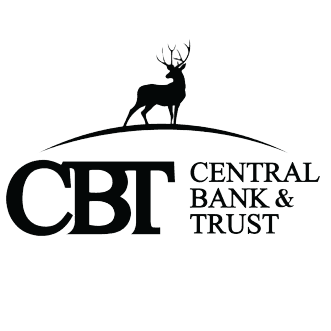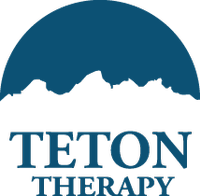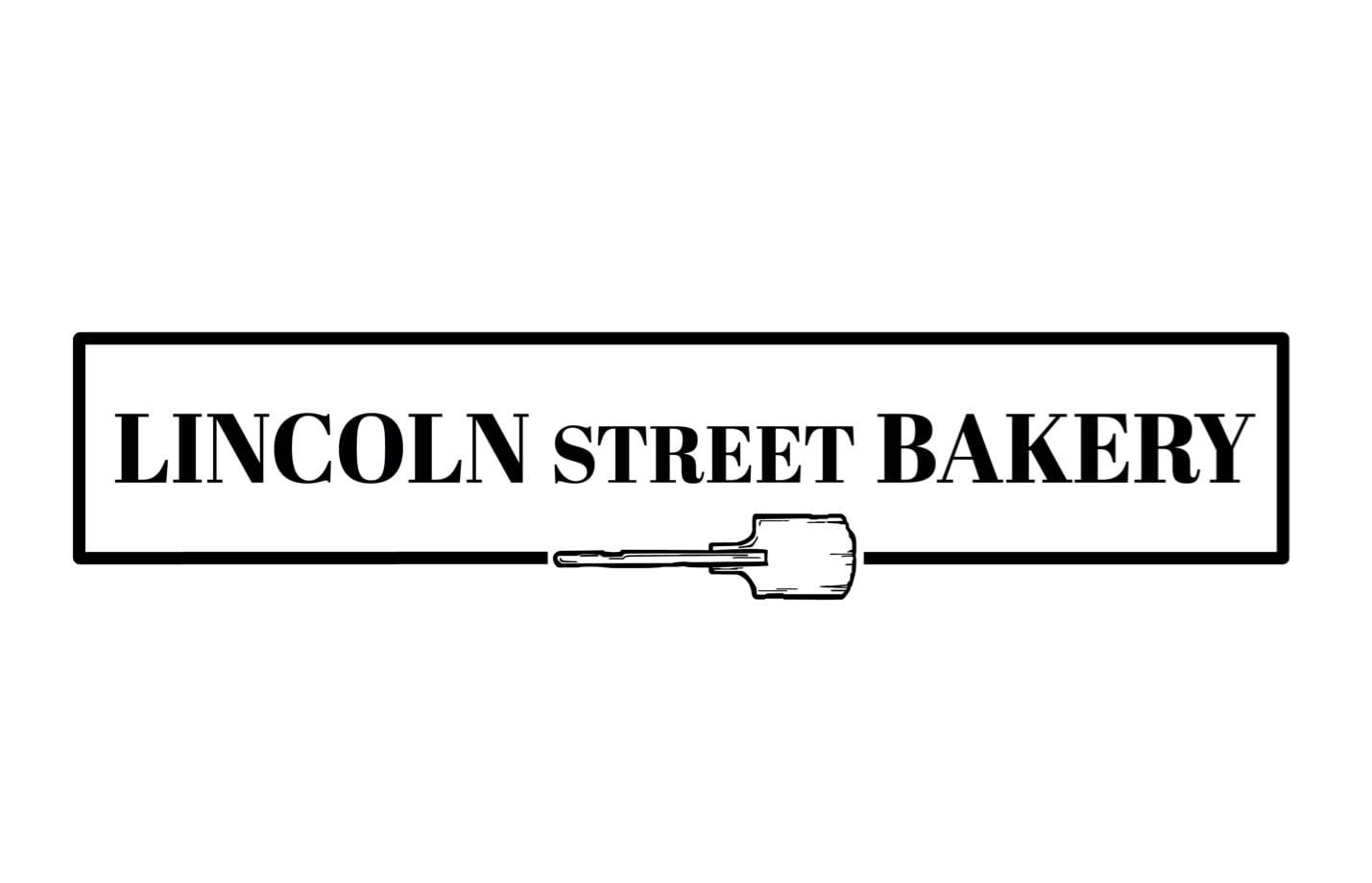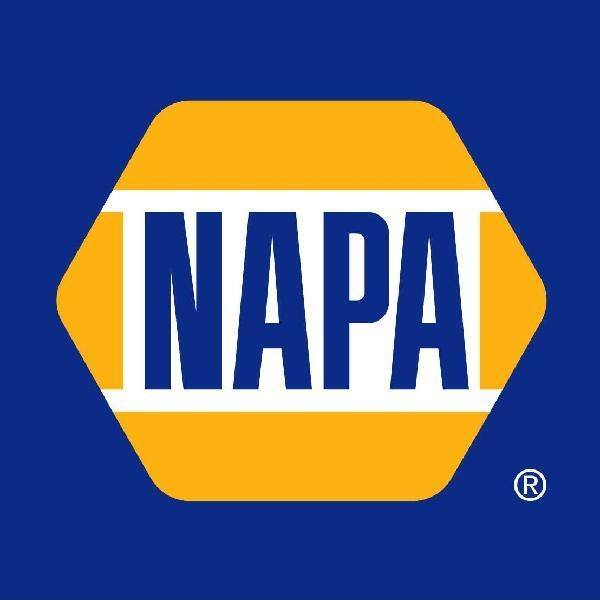SUMMARY
- Arianna Huffington criticizes valuing employees solely on brilliance, coining the term “brilliant jerks” for talented yet toxic workers
- “Brilliant jerks” can hide their toxic behaviors behind exceptional performance, complicating their identification and the management of their negative impact
- Their presence can damage team unity, foster a toxic work environment, decrease morale and productivity, and lead to significant financial losses
- Tolerating or rewarding such behavior normalizes toxicity and can drive away talented individuals, damaging the company’s reputation and its ability to attract and retain top talent
- Leaders often struggle to address these individuals due to their perceived value, despite the negative consequences on the team and overall work environment
- Identifying toxic traits early, emphasizing emotional intelligence, and fostering teamwork in hiring and promotion processes can help create a healthier, more productive work environment
547 words / 2.5 min. read
Arianna Huffington, the co-founder of The Huffington Post, famously criticized the practice of valuing employees solely based on their brilliance. She coined the term “brilliant jerks” for those who excel in their job but have a negative impact on the workplace. While it can be tempting to ignore interpersonal flaws for talent’s sake, promoting or hiring such individuals often leads to long-term harm. Here, we delve into why this approach is problematic and highlight warning signs of toxic traits.
Identifying “brilliant jerks” at work can be tricky. Their exceptional performance and creativity may hide toxic behaviors, making it hard for supervisors and colleagues to address their negative impact. Sometimes, these individuals are socially adept, which complicates recognizing their harmful traits. This dual nature causes confusion, as their value as high performers clashes with their negative influence. Their behavior might be situationally toxic, especially under stress, making it challenging to address effectively.

The problem is “brilliant jerks” can significantly impede team unity. Their arrogance or aggression can foster a toxic environment, resulting in reduced morale and productivity among team members. When collaboration and mutual respect are undermined, innovation and efficiency are inevitably impacted. Studies indicate that toxic work environments lead to nearly $50 billion in annual losses for U.S. businesses, with a toxic culture being the leading cause of employee turnover in the initial six months of the Great Resignation.
Unfortunately, tolerating or rewarding such behavior promotes disrespect, egoism, and a lack of empathy. This can normalize toxicity, driving away talented individuals who seek a positive work environment. In the long run, it undermines trust and collaboration, crucial for innovation and support. This damages the company’s reputation and makes it hard to attract and keep top talent who value a healthy workplace.
Dealing with these individuals can be tough due to their perceived value, even if their behavior is harmful. Leaders may fear losing their skills or impacting key projects, leading to tolerance of their actions. The misconception that high performers can behave differently can cloud decision-making, sending the wrong message to the team.
It can be difficult to spot ‘brilliant jerks’ in the hiring process, but these red flags can help draw attention to traits that may overshadow stellar performance. If you do hire someone with these qualities by mistake, Huffington advises business leaders to act quickly: “Don’t go there. And if you go there by mistake, fire them as fast as possible.”
Red Flags of Toxic Traits:
- Empathy Deficit: Failing to grasp or appreciate others’ feelings and viewpoints.
- Excessive Arrogance: Constantly asserting superiority over colleagues and disregarding their ideas outright.
- Resistance to Feedback: Being defensive towards criticism, viewing it as a personal attack rather than a chance for improvement.
- Manipulative Tactics: Using deceit or coercion to further personal objectives at the expense of others. “Brilliant jerks” love sharing private information in the form of ‘secrets.’
- Social Withdrawal: Drifting apart from team activities and discussions, either by choice or due to others’ reactions.
The Takeaway
Recognizing these red flags is crucial for fostering a healthy work environment. By placing a strong emphasis on emotional intelligence and teamwork during the hiring and promotion processes, organizations can cultivate a culture characterized by mutual respect and seamless collaboration. This, in turn, paves the way for achieving long-term success and sustainable growth.
—
The Lander Chamber of Commerce is a private non-profit organization that aims to support the growth and development of local businesses and our regional economy. We strive to create content that not only educates but also fosters a sense of connection and collaboration among our readers. Join us as we explore topics such as economic development, networking opportunities, upcoming events, and success stories from our community. Our resources provide insights, advice, and news that are relevant to business owners, entrepreneurs, and community members alike. The Chamber has been granted license to publish this content provided by Chamber Today, a service of ChamberThink Strategies LLC.






















